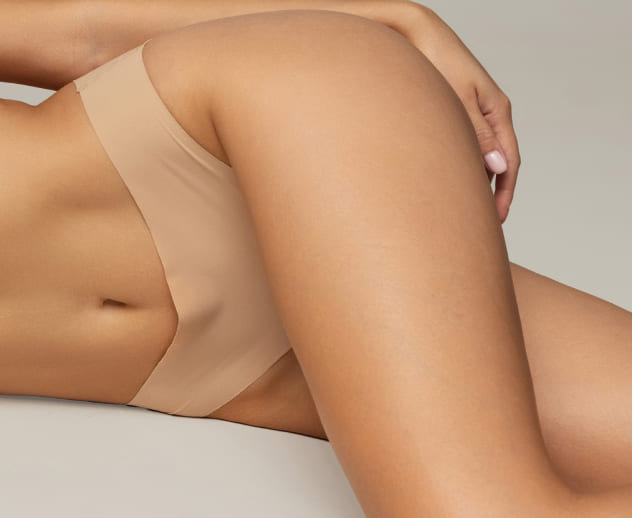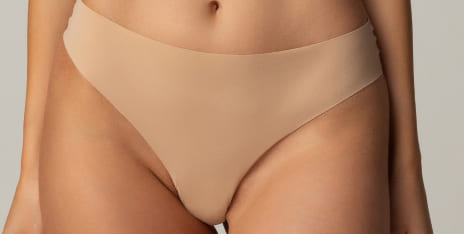LASER VAGINAL REJUVENATION®
What is Laser Vaginal Rejuvenation®?
Our mission is to empower women with knowledge, choice, and alternatives. Rediscover your confidence and rejuvenate
your intimate health with Laser Vaginal Rejuvenation®(LVR®), a revolutionary procedure that uses cutting-edge laser
technology and trademarked techniques. This treatment, pioneered by Dr. Matlock, is designed to tighten the internal and external muscles of the vagina, reducing the internal and external diameters and enhancing sexual sensation.
This results in increased sexual gratification and a return to youthful function. LVR® is a beacon of hope for women who have experienced vaginal relaxation post-childbirth. It’s a solution that restores vaginal tone, strength, and support to pre-childbirth levels, boosting confidence and enhancing intimate health.
Moreover, LVR® is a highly effective treatment for stress urinary incontinence. This is the involuntary loss of urine during physical activities, such as laughing, coughing, and sneezing. With LVR®, regain control, restore your confidence, and improve your quality of life.
Are you a good fit for Laser Vaginal Rejuvenation®? If you’re experiencing vaginal laxity, decreased sexual gratification, stress urinary incontinence, or a combination of these symptoms due to childbirth, aging, or other factors, you could be an ideal candidate. It’s important to be in good health, have realistic expectations about the results, and be committed to following post-procedure instructions.
If you’re ready to explore this transformative option, book a consultation with Dr. Matlock, a world-renowned surgeon who pioneered Female Genital Cosmetic Surgery(FGCS).

What can you expect from this procedure?
Patients who undergo Laser Vaginal Rejuvenation® report life-enhancing benefits, including:
- Improved vaginal tightness and sensation: LVR® can significantly tighten the internal and external muscles of the vaginal canal, enhancing sexual sensation and gratification.
- Treatment of stress urinary incontinence: LVR® is highly effective in curing this common condition.
- Aesthetic rejuvenation of the introitus and vulvar structures: LVR® restores the pre-birth youthful appearance of the vaginal opening and surrounding structures, resulting in a rejuvenated and youthful exterior.
- Enhanced confidence and self-esteem: Many women report feeling more confident and positive about their bodies after undergoing LVR®, improving their overall quality of life.
- Long-lasting results: The effects of LVR® can last a lifetime, providing on going benefits and improved vaginal health.
Frequently Asked Questions

How is this procedure performed?
During LVR®, Dr. Matlock uses a laser for precision cutting and dissecting, and suture material to repair and tighten the muscles of your vagina. The laser is gentle on the tissues and results in a relatively bloodless procedure with minimal bruising and swelling.

What can I expect during the procedure?
Post-surgery, you may experience pain primarily in the perineal area outside the vagina and above the anus. Most of this discomfort subsides within 7 days. For those undergoing treatment for stress urinary incontinence, a foley catheter is placed and attached to a small leg bag for 4 days. Postoperative pain is managed with a combination of narcotic medication and a lidocaine suppository. To minimize swelling, it is recommended to apply ice intermittently to the perineum and vulvar areas for the first 48 hours post-surgery. Patients are to refrain from sexual activity, tub baths, and exercise for six weeks.